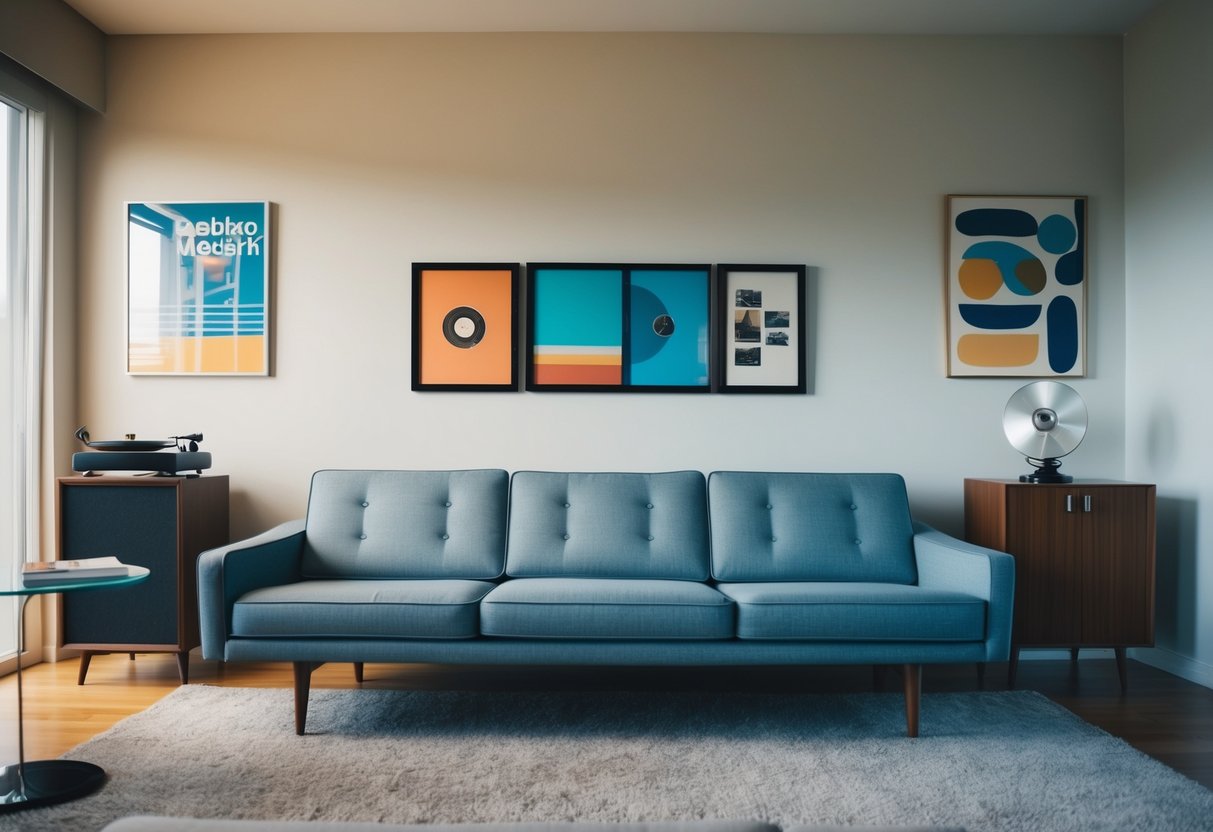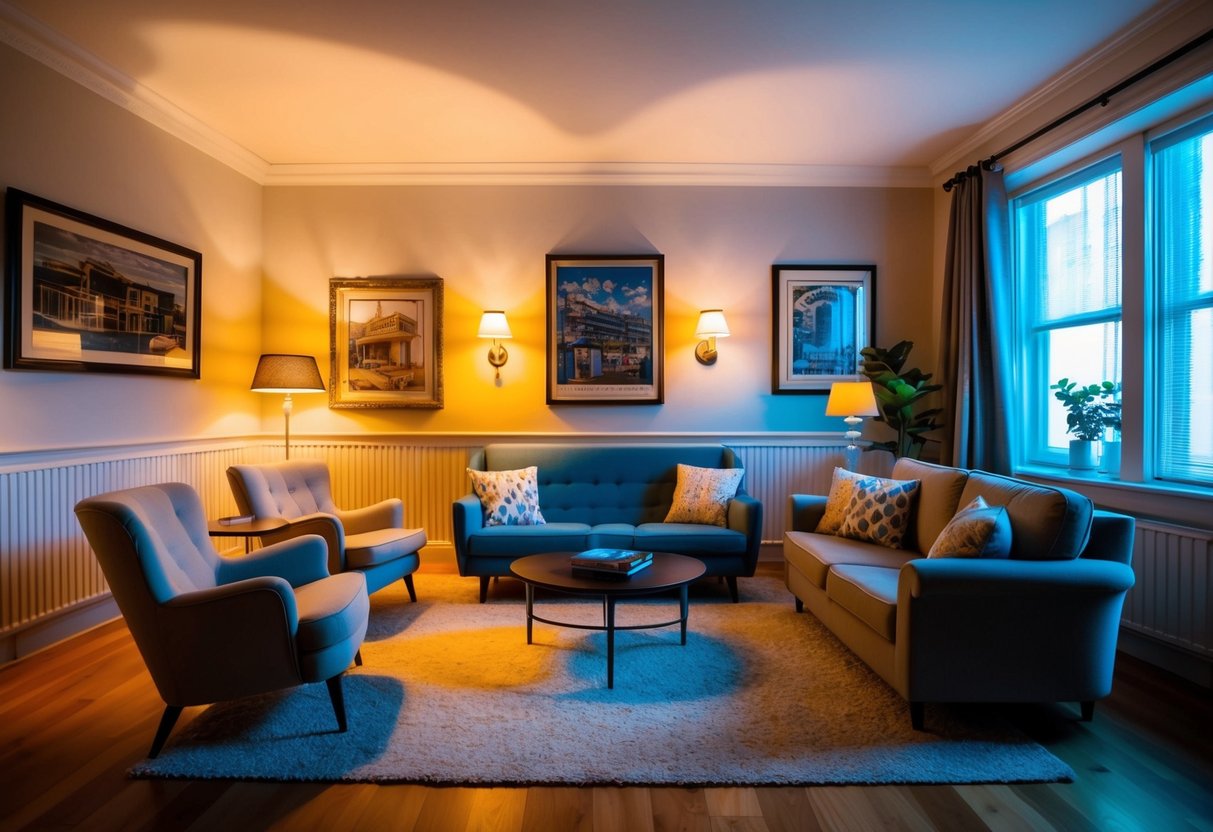
Mixing Textures and Patterns
Textures and patterns play a crucial role in creating retro-inspired aesthetics. A mix of textiles such as velvets, tweeds, and wools can introduce layers of interest. Combining these with sleek modern materials like glass and steel can create a harmonious blend of vintage and contemporary.
Patterns such as geometric shapes, florals, and stripes bring texture dynamics to the forefront. Mixing these elements requires a delicate balance to avoid clashing elements. Choosing one or two dominating patterns with subtle supporting textures can create a cohesive look that feels nostalgic yet fresh.
Furniture: Blending Vintage and Modern
Blending vintage and modern furniture offers a timeless aesthetic that showcases character and innovation. It involves incorporating well-worn pieces with history alongside sleek, minimalistic designs. This combination can create a unique warmth and style that reflects both past and present.
Vintage Furniture with a Story
Vintage furniture possesses a distinct charm and historical essence. Each piece often carries a unique backstory, adding character to any room. Items made from reclaimed wood can evoke a sense of nostalgia while enhancing sustainability. Such furniture often features intricate designs.
Architectural elements in vintage pieces can serve as a focal point. An ornate mid-century armchair can complement modern settings by introducing texture. Its craftsmanship juxtaposes beautifully against modern minimalist surroundings. This contrast emphasizes the beauty found in both the old and the new.
Contemporary Pieces for Contrast
Modern furniture is characterized by clean lines and sleek designs, providing a refreshing contrast to vintage counterparts. Incorporating these pieces into a room with older furnishings can create a balanced look. Sofas with straight edges or glass coffee tables emphasize simplicity with functionality.
Using minimalist modern items allows the vintage pieces to stand out. This approach helps to avoid visual clutter while still offering a cohesive design. Contemporary furniture serves as a neutral backdrop, highlighting vintage elements without overpowering them. This interplay offers dynamism and elegance in interior design.
The Impact of Lighting and Artwork

Lighting and artwork play pivotal roles in unifying vintage and modern design elements. They enhance the mood, add visual interest, and bridge different eras within a space.
Strategic Lighting Choices
Incorporating a mix of modern and retro lighting fixtures can dramatically alter a room’s atmosphere. Mid-century floor lamps paired with contemporary recessed lighting create layers of illumination, offering both functionality and flair. The choice of fixtures should complement the existing decor to enhance its aesthetic value.
Accent and ambient lighting help highlight key features, such as artwork or architectural elements. Dimmers add flexibility, allowing adjustments based on time of day or desired mood. Strategic positioning of lighting can make a space feel inviting, emphasizing the blend of old and new styles.
Art That Transcends Time
Artwork is crucial in achieving a cohesive design that melds vintage and modern elements. Classic works of art provide a touch of timeless elegance, while contemporary pieces add immediacy and relevance. The selection of artwork should reflect personal taste and harmonize with the overall design theme.
Wall art, whether vintage posters or modern minimalist prints, can serve as focal points that draw the eye and spark conversation. Mixing art styles can create visual layers within a space. Curating a range of artwork ensures an engaging and aesthetically balanced environment, highlighting the relationship between past and present design elements.
